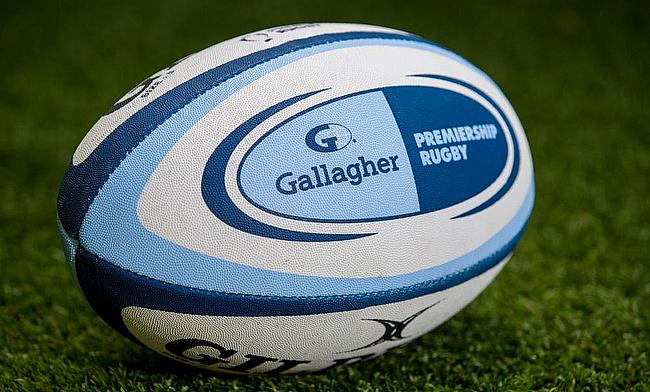Current challenges facing English Rugby Union's domestic game
As one of the biggest sports in England, one might think that rugby is at its peak.
But, the reality is somewhat different. The English Rugby Union is facing some challenges at the moment that require some serious attention.
The RFU and the England side are in desperate need of changes. How they manage to overcome the current difficulties will also shape the upcoming future of the RFU. In this article, we will reveal and analyze the challenges that the English Rugby Union
The Challenges That the English Rugby Union Must Overcome
It’s been 20 years since the English Rugby Union won its first and only Rugby World Cup. Last month, the English fans were once again devastated after failing to win this major competition.
Luck’s not on the English side for the past 5 World Cups, where they managed to lose 2 finals. It is also worth noting that the RFU only has 2 Six Nations wins from 2021 to 2023.
It seems like the luck part is not the only thing that is missing from the RFU. Some experts argue that now it's the best time to find a new system and implement it. Yet, when you see the substantial financial and playing resources, it's hard to believe that any system would work.
Even the rugby bookmakers are aware of the troubles that the English Rugby Union are facing. It's been a long time since the bookies made the RFU a favourite for winning the World Cup.
The reduced finances are affecting the sustainability of the Championship Clubs. In 2016, the funding featured a double increase, but in 2019, it dramatically went down. Funding once again went down in the 2020/21 season, despite the Premiership providing financial support.
Just under a year ago, the English Premiership featured 13 teams. Now, there are only 10 left. In September 2023, the combined debt of these teams went over £500 million.
Another big concern for the English Rugby Union is the decline of the U20 team. This shows that the future success of the RFU is at stake. In 2015, England had the strongest U20 team among the Six Nations. Now, it's at the 3rd rank behind Ireland and France.
The English decline in its senior Rugby internationals comes after a decline at the youth level. It’s very simple, the less talented players you have, the lower quality you get. Combined with the lack of funding at all stages, from top to bottom, it’s only natural for the RFU to struggle.
It’s a positive thing that there is a bigger focus on the sustainability of the club game. The clubs are also trying to compete with the riches of Irish and French clubs.
However, the RFU shouldn’t think that these actions will provide a secure financial future. Nothing positive will come from it if England fails to resolve the current performance issues.
What Needs to Change in the Premiership Rugby?
The domestic English rugby clubs are drowning in debt. There are clubs in the Premiership that pay £9 million per year on wages, but collect just £4 million from ticket sales.
As we mentioned earlier, the financing of these clubs dropped in recent years, so they can lower their debt. Many believe that the English clubs are overspending on salaries. Former England centre Will Greenwood thinks that there should be joint governance and independent auditors.
He stated that the clubs should get a warning when they reach a higher expenditure. This is something that the French are doing in terms of Top 14 and Pro D2.
The Covid pandemic made things much worse in the English Rugby Union. Clubs rely on ticket sales as their biggest income factor. Then there is the merchandise, which also increases the budget. During the pandemic, both forms of income almost completely vanished.
This was a waking point for the clubs to search for better income plans that would include other forms of capital. Of course, the RFU must intervene and provide financial aid as the clubs are in desperate need of it.
Clubs should also focus more on producing their own talents and give them a chance in the first team. Earlier we noted that England faces a decline in its U20 team. This means that the clubs are failing to produce quality players.

